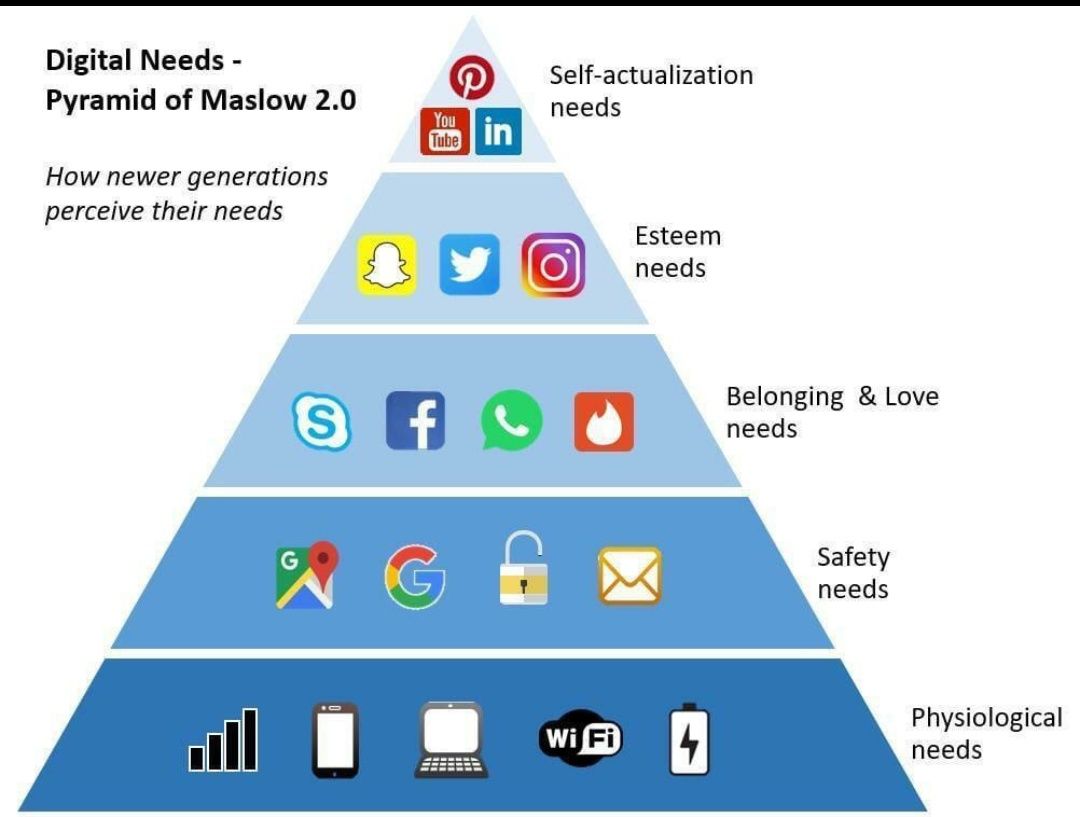As I am writing, we are in the Covid-19 pandemic forcing school districts across the nation to close and in New York State create a political tension on who has the authority to close schools and for how long. Whatever the ultimate outcome is for the school closers, I hope (this is ONLY if it is safe to do so) in New York State, at least we could somehow come back by June 1st. It would be ideal to have both teachers and students again but absent that bring back in at least the teachers. This would provide an opportunity for teachers and students to put some sort of annual closer to the school year. Absent doing this, I fear that it would prevent a "clean reset" for the start of the next school year.
We have witnessed schools scramble to convert to online/video lessons. My wife, Laurie, who is a Cosmetology Teacher, has transformed our living room into her laboratory. She is conducting video classes with her students in a digital environment that allows her to demonstrate, students to do supervised practice, and clarify lessons she has set up beforehand in her Google Classroom. This transformation to a digital environment has been rocky at best for many. This does not make sense, especially in 2020, but from what I have seen in reviewing college/university Master in School Building Leadership Programs, I am not surprised.
Thankfully in the newly issued NELP standards for Principal Preparation Programs, digital literacy, instruction, and support are specifically called for in the programs. The one thing that all the programs I reviewed were the complete lack of digital scholarship and digital instructional leadership. When I inquired about this lack of treatment of digital leadership, I was often met with weak responses that hovered between contempt that I would even ask or blame put on the state education department. I sometimes pressed and asked why they would simply not take the professional initiative and update current coursework to integrate and give importance to digital leadership. The responses were often that they had no one that had this expertise, nor have they reached out to find such persons. So when I see in our news stories about frustrated teachers, students, and parents, I am not surprised.
The digital divide is a multifaceted beast. Thinking in terms of Maslow's Hierarchy look at this:

The Digital divide is separated by:
1- the physical structures (internet, devices, wifi access),
2-safety needs (understanding digital citizenship and responsibility),
3-belonging and love needs (understanding and using the interactive nature of the digital world responsibly),
4-esteem needs (publishing work for the broader audience to critique and add to the growing knowledge),
5-the self-actualization (contributing as positive members of multiple communities).
If a student or teacher's experience in school lacks in any of these need areas, the students are directly impacted when compared to their counterparts who have these advantages. As with all innovations that amplify abilities and opportunities, the equity of taking advantage of the opportunities is measured by access, training, and engagement. The interactive nature of the digital world and its ability to leverage most of the universe's knowledge is striking. It is also fraught with pitfalls for those who cannot use the opportunity of the digital world critically.
The saddest part of the issue is that our Principal Preparation Programs, those that are our gateway academic and internship programs for our future Principals, do not place a premium on this need. Our P20 Pilot Preparation Partnership Program has it as one of its standards forcing this issue- who could have ever thought our first cohort would have such a critical opportunity to jump ahead and be in a position of leadership of this magnitude.
Necessity is the mother of invention. We can only hope that this pandemic crisis spurs on a hard, critical examination of the role or lack of role digital literacy, instruction, and footprint in our teaching and learning experiences. We need education leaders who understand how huge an equity issue this is for our inner-city and rural students.
After all, this is the 21st year in the 21st Century!

Comments
Post a Comment